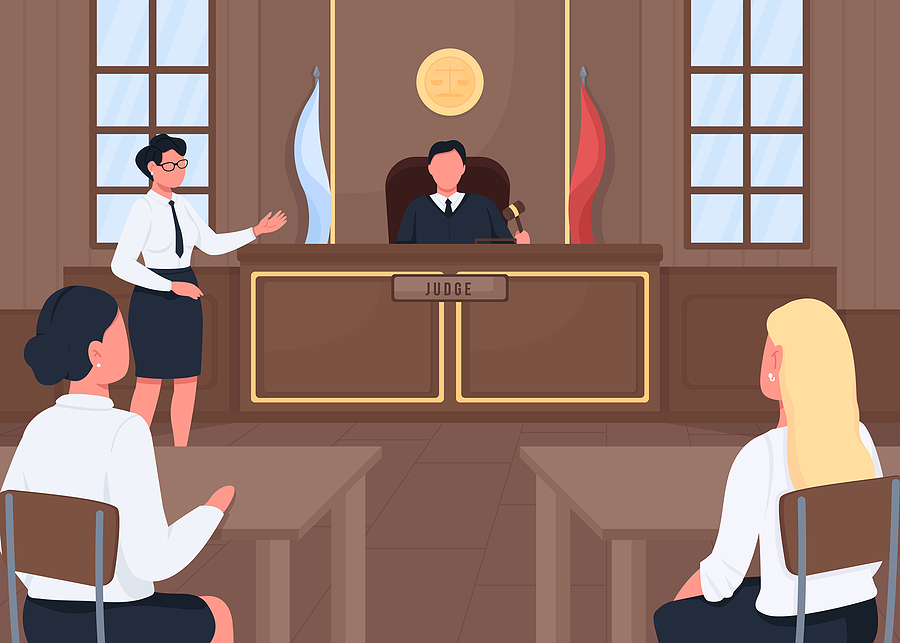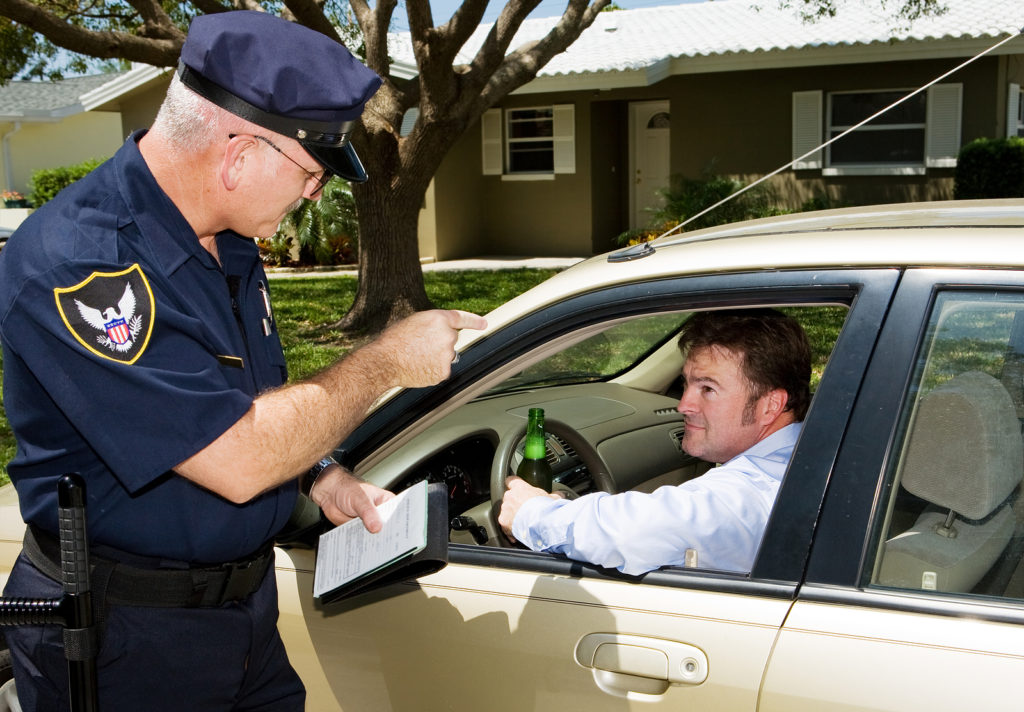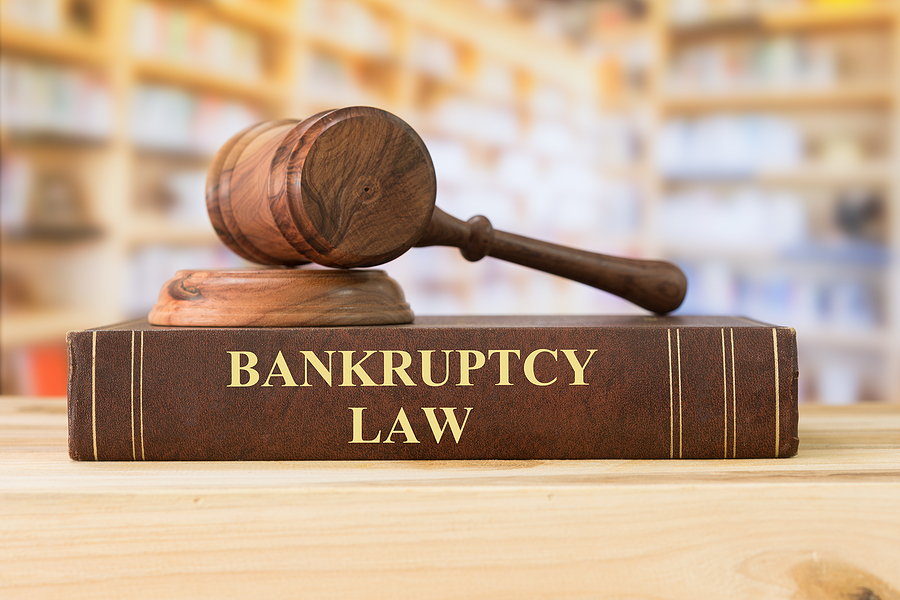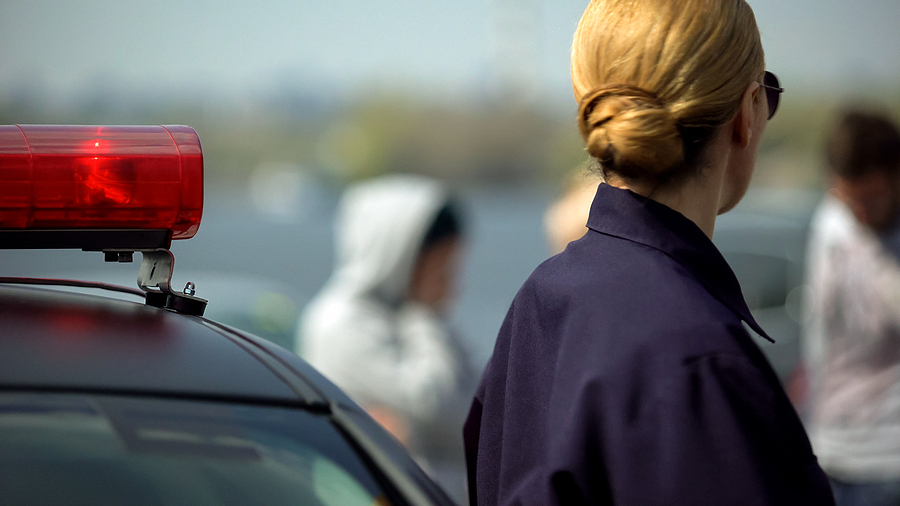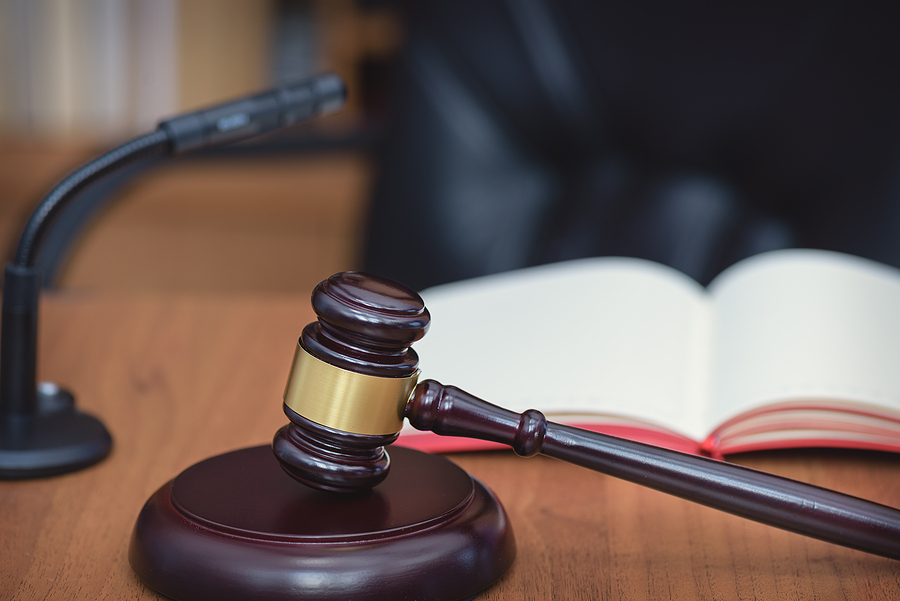We often say and do things that we regret. Even if in the moment we feel strongly about our decision, later on after it sinks in, the reality of your choices can hit you hard. Such is often the case with criminal defendant’s who plea guilty to their charges. Do these individuals have a chance to take back their plea if they later decide they don’t want to plea guilty?
Continue reading to learn more about appealing pleas in criminal court, and what you can do to ensure your defense protects you from losing your rights and your freedoms.
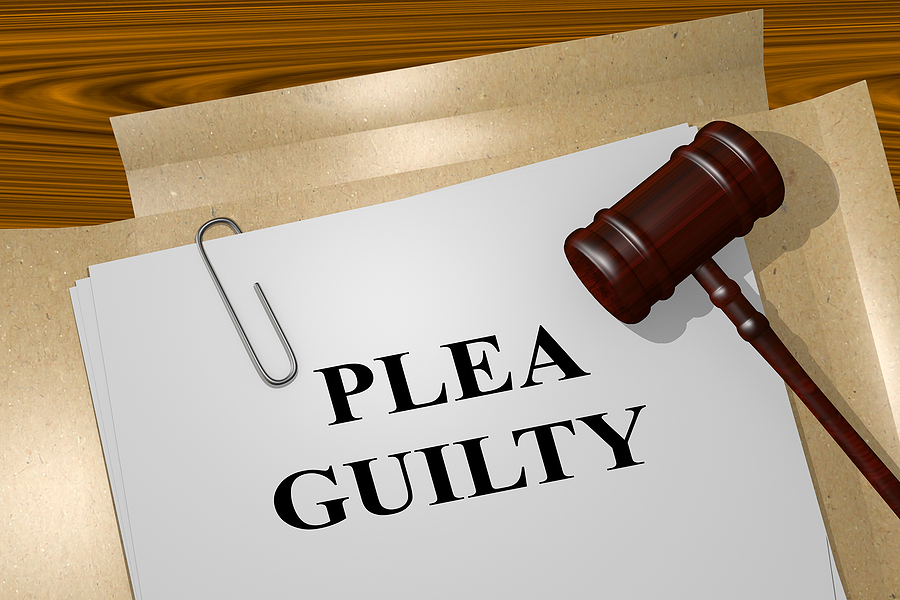
Granted Appeals
After a person is found guilty of a crime they were charged with, they do not have to agree with the judge or jury’s findings. Defendants are given the right to appeal a verdict and ask for a new trial in appellate court. This procedural right is denoted in the United States Constitution, Article 7, Section 6. For this purpose, they often hire a criminal defense attorney who is a certified, court-recognized criminal appellate lawyer. These are lawyers who are certified through their state bar organizations and specialize in appealing convictions.
Denied Appeals
As a defendant in criminal court, you have the right to file for an appeal to overturn the conviction, or certain perimeters of the conviction. However, if you have already agreed to and entered a guilty plea, whether you went to trial or not, there is no chance at appealing your verdict. This also applies to no contest or “nolo contendere” pleas. However, in place of an appeal, you could enter a “motion to withdraw” your plea, which simply means you have changed your mind and wish to plea differently.
Filing an appeal and withdrawing a plea are two different processes. The laws and regulations for withdrawing plea deals vary greatly from jurisdiction to jurisdiction. It also differs between state and federal levels, as federal court has its own unique appeals process compared to state-level ones.
In some states, limited indirect appeals are permitted, and can be pursued without withdrawing a plea; a processed referred to as “filing a writ of habeas corpus.” And this process is very similar to the appeals process. Because of these variations, it is important to check with your criminal defense attorney to learn your state’s particular laws about such procedures.
Need a Skilled and Aggressive Criminal Defense Lawyer in Indianapolis?
If you do not already have a licensed Indianapolis criminal defense lawyer working on your case, you need one right away. Contact David E. Lewis, Attorney at Law, at 317-636-7514 to start building a strong and impactful defense against your criminal charges so that you have a chance at avoiding the maximum penalties for your suspected crimes. Our law firm offers free initial consultations, so there are no out-of-pocket obligations to you. Call 317-636-7514 and get started protecting your future, today.



